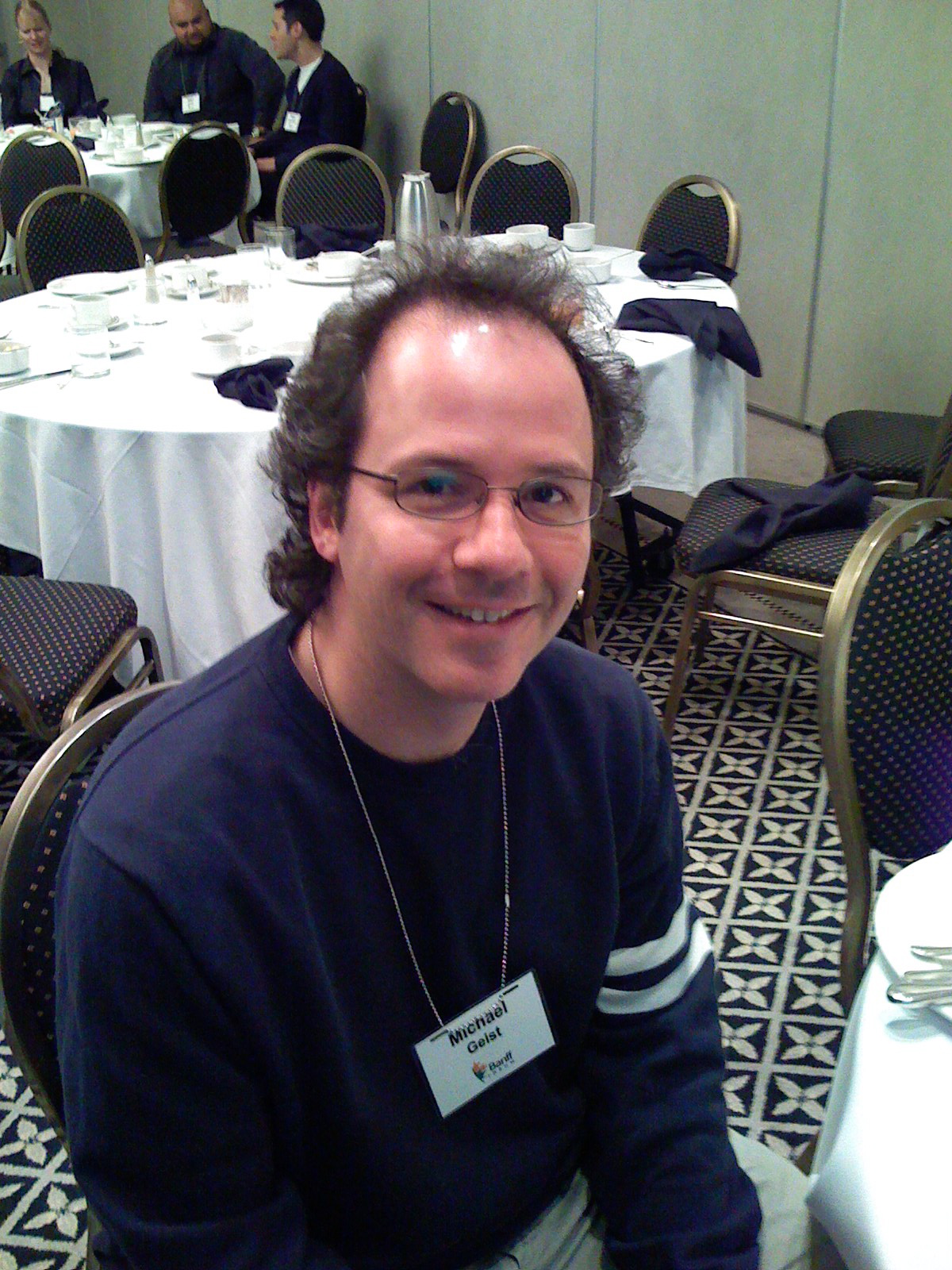Contrary to many published reports, the E.U. has not advocated a U.N.-controlled system. Rather, it has called for the creation of a new forum built on existing structures.

"Michael Allen Geist" is a Canada/Canadian academic, and the Canada Research Chair in Internet and E-Commerce Law at the University of Ottawa. Geist was educated at the University of Western Ontario where he received his Bachelors of Laws before going on to get his Masters of Laws at both Osgoode Hall Law School and University of Cambridge/Cambridge University. After that, he attended Columbia Law School where he got his Doctorate in Law.
His weekly columns on new technology and its legal ramifications appear in the Vancouver Sun, Toronto Star and the Ottawa Citizen. He served on Canada's National Task Force on Spam and is the founder of the Canadian Internet Policy and Public Interest Clinic. Geist is active on many boards, including the CANARIE Board of Directors, the CanLII Board of Directors, the Privacy Commissioner of Canada's Expert Advisory Board, the Electronic Frontier Foundation Advisory Board, and on the Information Program Sub-Board of the Open Society Institute. He was also a board member of the Canadian Internet Registration Authority, which manages the dot.ca domain, for six years.
Geist was named one of Canada’s Top 40 Under 40 in 2002. In 2010, he was listed globally as one of the top fifty influential people in regards to intellectual property by Managing Intellectual Property.
More Michael Geist on Wikipedia.No judicial oversight. No advance paperwork. No privacy.
This has been a common trend for years as file sharers move between services.
Although it is true that national governments would be free to establish controls over Internet use within their own borders, they already enjoy such powers. China may have instituted troubling censorship controls, but many democratic countries have also created national rules that limit online freedoms.
The delegates have found a diplomatic way to leave this issue for a future fight. The creation of the governance forum sounds much like WSIS itself: multilateral, multi-stakeholder, nonbinding, U.N.-created, and able to address a wide range of Internet and technology policy issues.
Education for many people would be the core copyright issue, yet it's largely neglected in this bill.
This is a dangerous thing to engage in.
It's a bill that has been driven largely by the music industry, so there's very little to address the concerns that I think the education community ought to have.
One proposal floated in the spring would require ISPs [internet service providers] to disclose subscriber information within 30 minutes to law-enforcement authorities on a 24-hour, seven-day-per- week basis. Incredibly, law-enforcement authorities could make such a request with only a phone call under certain circumstances.
Copyright © 2024 Electric Goat Media. All Rights Reserved.